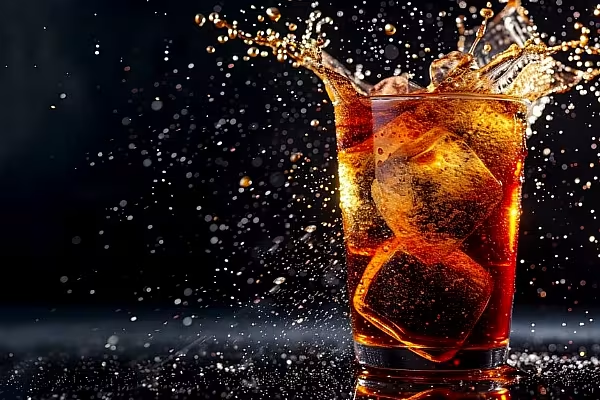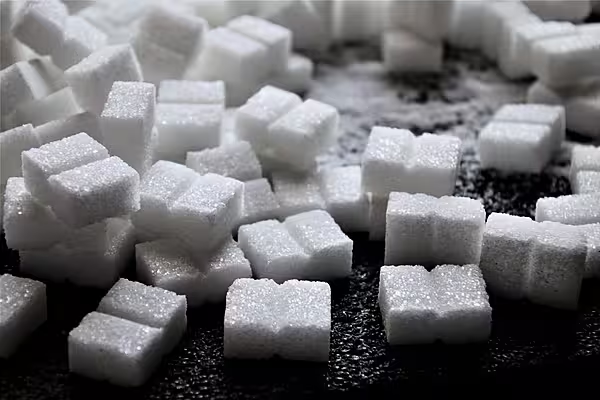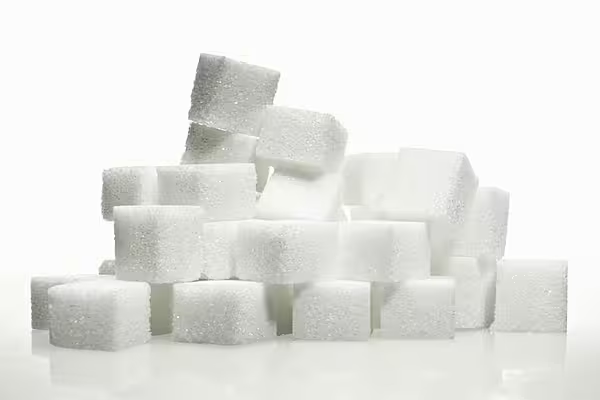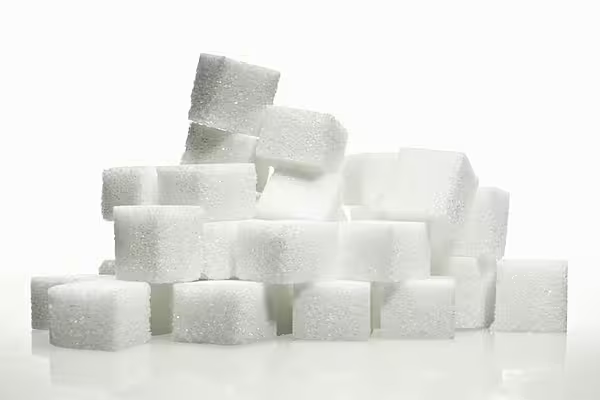Sales of low-calorie and no-calorie soft drinks are set to grow exponentially over the coming years, with additional sales of 9.15 billion litres forecast for the segment by 2028, according to GlobalData.
According to a new study, The Sugar Challenge Report 2024: The evolution and future outlook of calorie and sugar reduction in soft drinks, some 286 global patent applications were filed within the soft drinks industry in the year to June 2024, related to sugar reduction.
Low-calorie soft drinks accounted for 14.4% of total global soft drink volume sales in 2023, with this figure set to accelerate as a result of increased legislation relating to sugar reduction, as well as targets outlined by industry associations to cut sugar by between 20% and 25% by 2025.
'Increasingly Mindful'
'Consumers are becoming increasingly mindful of the ingredients in their food and drinks as they continue to adopt healthier lifestyles and reduce their sugar intake,' GlobalData noted.
A survey carried out by GlobalData in the first quarter of 2023 found that 69% of consumers across all generation groups pay a 'high to very high' attention to the ingredients listed on product packaging, with a particular focus on the healthiness of a product. Among the respondents, 45% focus on 'sugar content,' 46% on 'calorie count,' and 47% on 'fat content.
GlobalData's analysis also indicates that high-growth markets for low/no calorie products include France and Spain. Increasing the availability of these products in these markets to match the range of choices available in mature markets such as the UK, Germany, and the US is expected to drive further growth in the low/no calorie category, it added.
Balancing Taste And Health
“Finding sugar reduction solutions that offer an ideal balance between great taste and healthier ingredients is key to new product development in this space," commented Ashleigh Warnock, beverages managing consultant and analyst at GlobalData.
"The ‘sweet spot’ for sweetener development is a product that matches the unique properties of sugar, a sweetener that can work in soft drinks and food recipes, is 'perceived as natural', is 'cheaper than sugar' and is significantly lower in calories than the sugar being replaced.”














